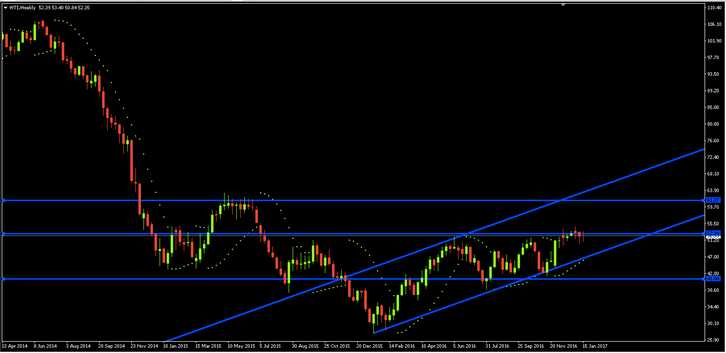OPEC and non-OPEC countries have made a strong start to lowering their oil output under the first such pact in more than a decade, energy ministers said on Sunday as producers look to reduce oversupply and support prices.
“The deal is a success… All the countries are sticking to the deal… (the) results are above expectations”, Russian Energy Minister Alexander Novak said after the first meeting of a committee set up to monitor the deal, according to Reuters.
Ministers said 1.5 million of almost 1.8 million barrels per day (bpd) had been taken out of the market already.
Countries involved in the deal could reduce their output by 1.7 million bpd by the end of the month, Interfax news agency quoted Novak as saying.
Eleven of OPEC’s 13 members along with 11 non-OPEC countries have agreed to make cuts for the first half of the year. OPEC members Nigeria and Libya, both suffering setbacks in production, were given exemptions.
“The Kingdom [of Saudi Arabia] has taken the initiative and other countries took part in very significant actions,” Saudi Energy Minister Khalid al-Falih told reporters following the meeting.
“Despite demand usually being lower in the first quarter in winter, the actions taken by the Kingdom and many other countries have impacted the market in a tangible way and we have seen the impact in spot prices,” al-Falih said.
Brent oil prices LCOc1 that fell to $27.10 a barrel a year ago have held above $50 per barrel since OPEC producers agreed on Dec. 10 to lower output in the first half of 2017.

In a comment made for Admiral Markets, Liviu Moldovan noted that on the weekly chart of WTI crude oil “a tendency to fatigue is visible in the area of 53-54 dollars per barrel”. The analyst believes that “some short-term growth spurts could take place, but equally a continuation of the trend started a year ago growth is unlikely, at least based on the data available”.
